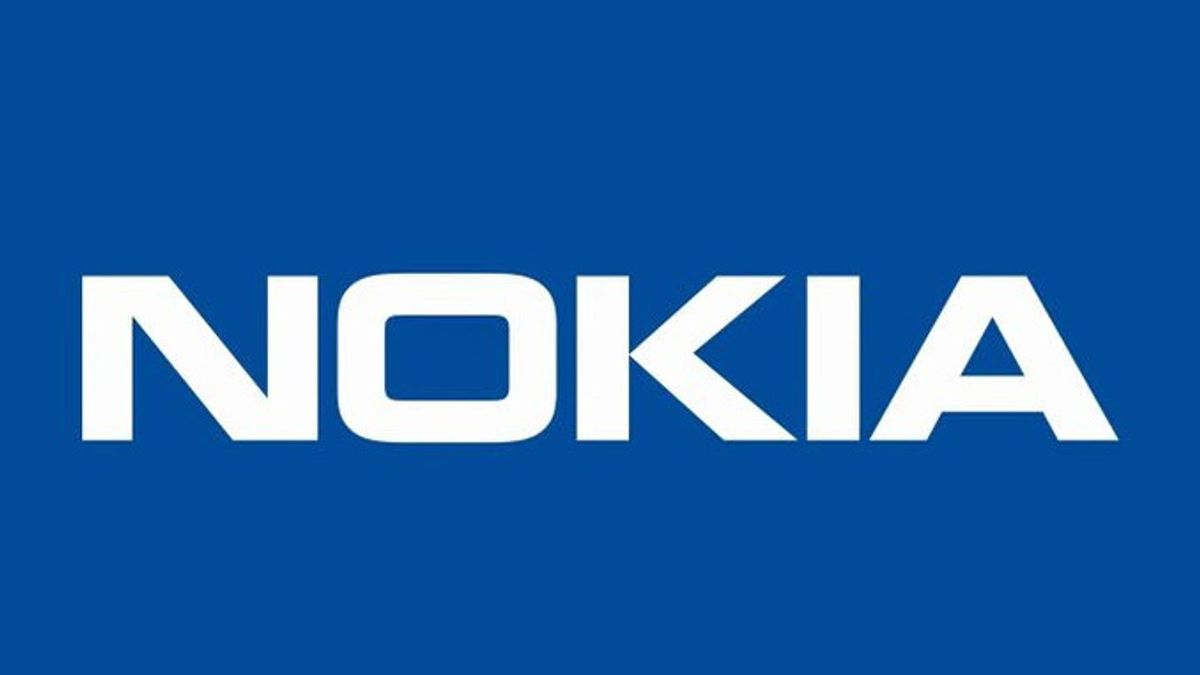Nokia will cut up to 14,000 workers to reduce costs. This was announced on Thursday, October 19. The company from Filand warned that it would not expect market recovery in the near future after recording a 20% decline in sales in the third quarter due to weaker demand for 5G equipment.
Shares of this Finnish company, which produces equipment for telecommunications networks, fell 2% at 09.00 GMT.
The slowdown in the United States, home to Verizon and AT&T, one of the more lucrative markets for Nokia and Ericsson, has prompted them to seek growth in other regions such as India. However, now India is back to normal after a remarkable 2022 decline.
"The market conditions are really challenging, and it is evident from the fact that in our most important market, namely the North American market, our net sales fell 40% in the third quarter," Pekka Chief Executive Lundmark was quoted as saying by Reuters.
Nokia targets savings between 800 million euros (IDR 13.3 trillion) to 1.2 billion euros (IDR 20.1 trillion) by 2026.
Nokia also plans to reduce the number of employees to between 72,000 and 77,000 employees, from 86,000, or about 16% of worker cuts at the highest level.
Lundmark declined to provide more details. He only said that the company should consult in advance with employee representatives. However, he also said that Nokia wanted to continue to protect research and development.
Nokia expects at least 400 million savings euros by 2024, and an additional 300 million euros by 2025.
Ericsson, who also laid off thousands of employees this year, said on Tuesday 17 October that uncertainty affecting their business would continue until 2024.
Nokia, who followed Ericsson's comments about uncertainty, said that there would be a more normal seasonal increase in their network business in the fourth quarter. The company did not change their view for a full year.
"We continue to believe in the medium to long-term market, but we will not sit still and hope that the market will recover in the near future," Lundmark said. "We really don't know when it will recover."
5G technology is considered an industry meant to start an automation and autonomous car era, but businesses have been slow to adopt this new technology.
With slow growth, telecommunications operators have struggled with their investment budget and are starting to cut their own costs. Earlier this year, the UK BT Group announced plans to cut 55,000 workers, while Vodafone has plans to cut 11,000 positions.
"This should be a high-running industry, supported by relentless demand for its services... on the other hand, many questions continue to be asked about the relevance of their operators and long-term future," said CCS Insight analyst Kester Mann.
VOIR éGALEMENT:
For market recovery, Lundmark said that industries need to invest in faster midribbon equipment to help tackle data traffic growth. "Only 25% of the world's 5G base stations outside China currently have a midribbon," he said.
Midband equipment offers higher 5G speeds, but many telecommunication operators are starting their 5G implementation with cheaper low band devices but offering lower speeds.
"There are signs here and there that demand will begin to rise again, but it is too early to call it an extended trend," Lundmark added.
Quarterly net sales that could be compared fell to 4.98 billion euros from 6.24 billion last year, exceeding an estimated 5.67 billion euros according to an LSEG poll.
The English, Chinese, Japanese, Arabic, and French versions are automatically generated by the AI. So there may still be inaccuracies in translating, please always see Indonesian as our main language. (system supported by DigitalSiber.id)















